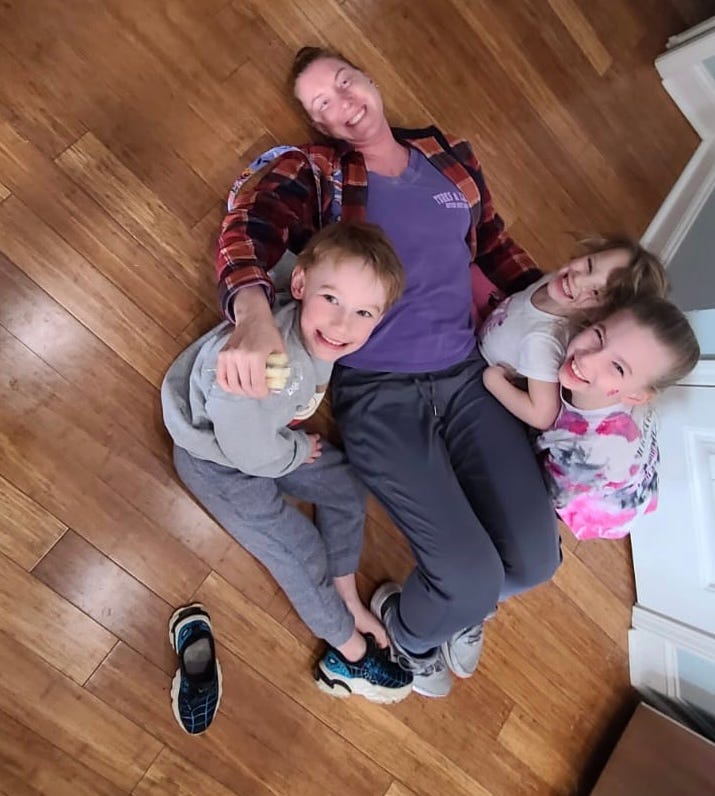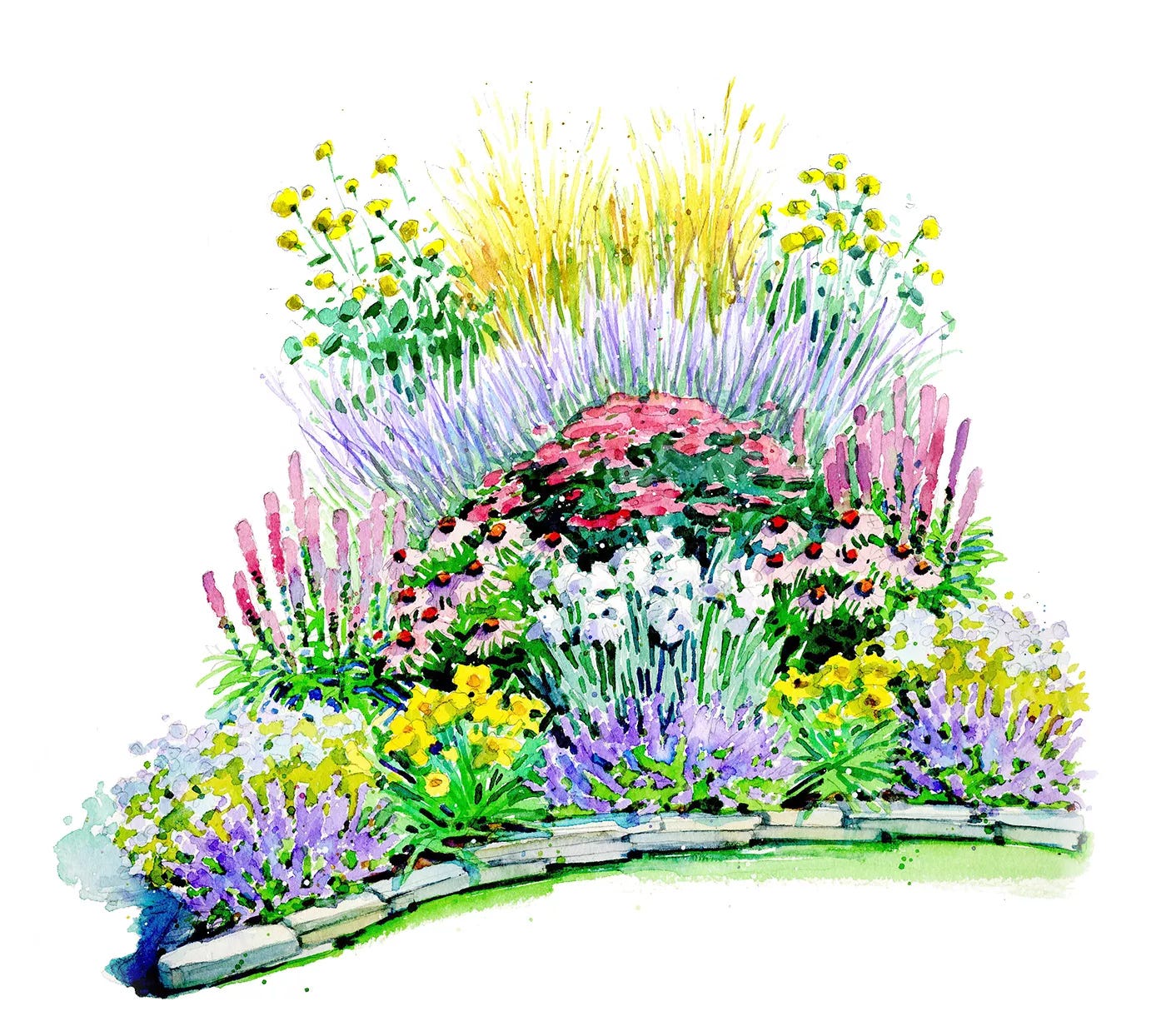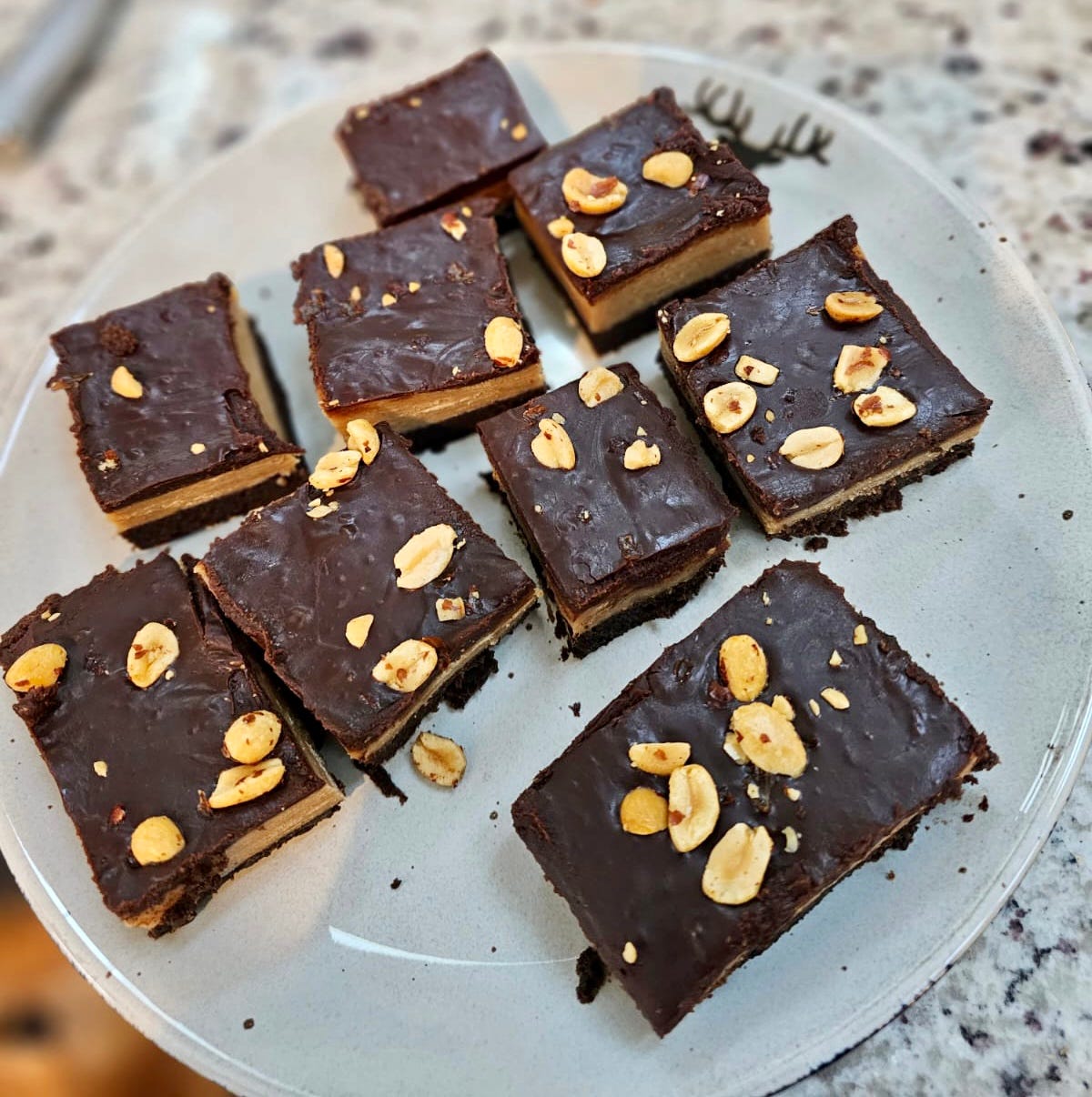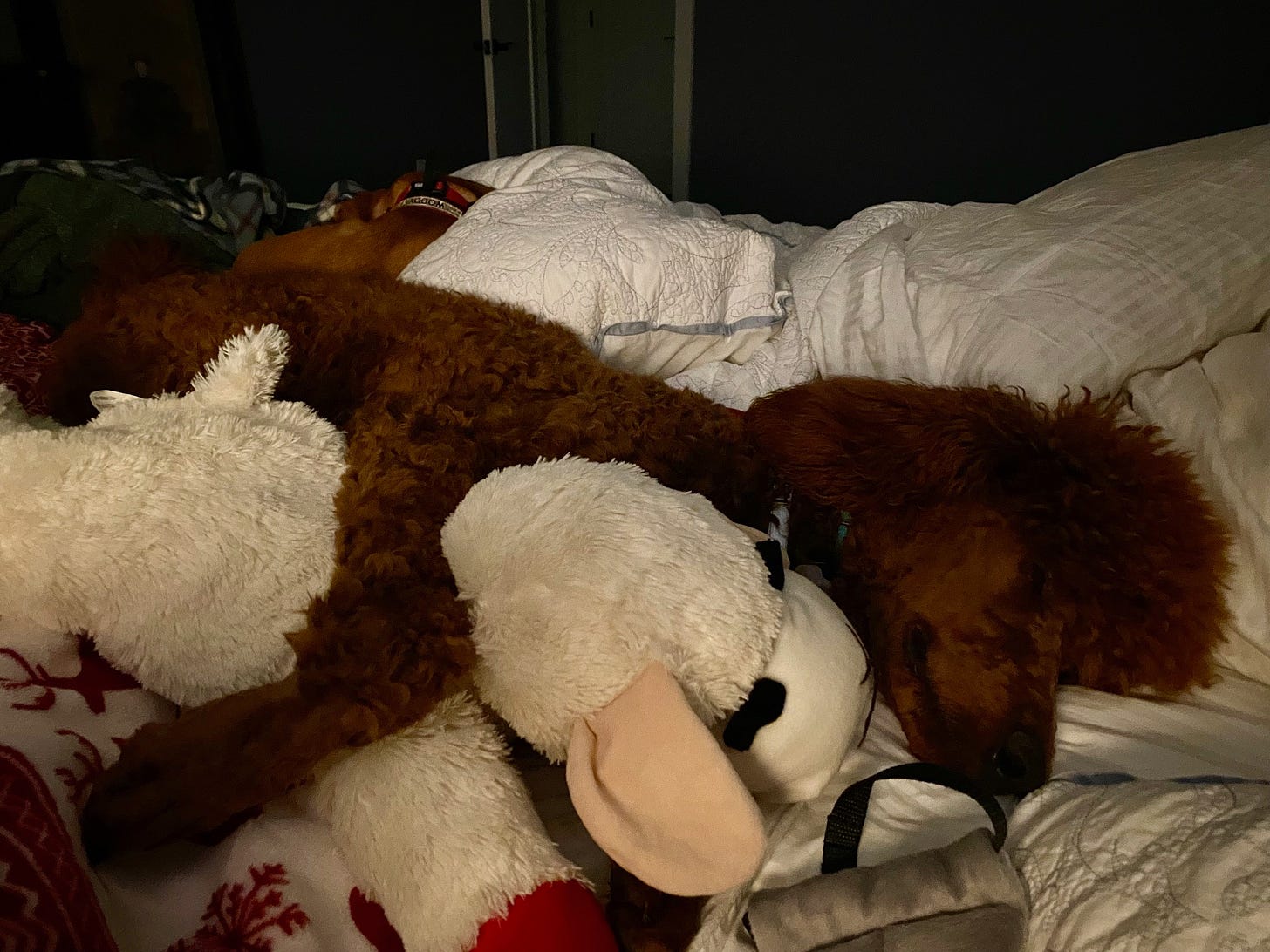Tomorrow, April 21, is six months to the day that I’ve had my new heart.
Earlier this week, I was thinking I’d fill you in on a few things I’ve done since getting that gift, things that I couldn’t really do before having surgery.
Here are a few I consider most meaningful:
Playing hide–and–seek with my nieces and nephew.
In February, my husband and I went to visit my sister and her family. The four kids showed me toys Santa brought them for Christmas and their gymnastics tricks in the garage. I’m pretty sure my nephew, a mini-me, would have put on his swim trunks and jumped into the pool to show off his butterfly, if the pool weren’t almost iced over.
As we headed outside to get ready to leave, one of the kids yelled come find me, launching a few rounds of hide–and–seek. For the first time in years, I played along, actually able to run, with a kid on my back or on my hip, to find a stop to take cover. With the defribrillator, I wouldn’t pick up the kids, for fear I’d get shocked, and they’d feel some semblance of it and then in turn fear me. Now I can pick them up, hug them, even fall to the floor laughing, almost without reserve.
Digging in the dirt.
It’s been a long time since I’ve done work in the garden. It wasn’t my favorite activity as a kid or as a young adult, much to my greenthumb mom’s dismay. But slowly I developed an appreciation for taking care of flowers, enough to put in some at my first house in North Carolina. As time passed there, I started planting potential blooms in tiny, usually-too-small holes, too tired to put the flowers in properly. There was no turning soil to make way for an elaborate garden, even when my husband bought me (what I consider an elaborate) battery-operated rototiller.
A little over a week ago, that changed. I took a hand-me-down shovel to a patch of land in front of our new house, surprisingly enjoying each crunch the shovel made as I stomped it into the dirt and turned it over. And yes, eventually, with my husband’s supervision, I used the tiller, appreciating the ease of the work, while also smiling with pride at the manual labor I’d done. Above is one garden plan we want to plant.
Probably shouldn’t tell my doctors about this one because I’m not supposed to eat sweets. But I decided to make these bars from a Southern Living recipe for a potluck and had to try two or three, you know, just to make sure they weren’t poisonous, or awful. Ohhh, they weren’t. They were sickenly sweet and delicious. And I, a non-baker/cook, actually reveled in making my husband test the raw batter (I truly can’t eat raw eggs for risk of a Salmonella infection), then baking the brownies and making peanut butter fudge and a chocolate cream mixture to cover them. Apologies to my medical team for the indulgence, but I highly recommend you all try this treat at least once.
Going to bed tired, but not too tired.
After a jog with the dogs, a full day’s work wrangling words in some semblance of order, and taking care of chores, bills and extraneous emails, I go to bed ready to rest as hard as I played all day. A little more than six months ago, all I wanted to do was sleep. I never felt refreshed even after what I considered a good night’s sleep. I chalked it up to getting older, but I didn’t realize a poorly operating heart was me making more tired than I could imagine. I look back at my days now and marvel at how much I did, while still chiding myself for not being as productive as I’d hoped — a sign I take as getting back to being me, for better or worse. At any rate, I can tell now when I’ve slept well and when I haven’t.
I was luxuriating in that feeling of a good night’s rest Tuesday morning, when I got a text from a good friend and beautiful writer Marla Broadfoot. “Not a happy essay, but beautifully rendered and relevant to your story,” she wrote, including the link for a New York Times opinion piece called My Transplanted Heart and I Will Die Soon. I hesitated to click the link, but with only a few minutes until I needed to start checking emails and Slack for work, I forced myself to do it.
Marla was right. The essay wasn’t happy, but it is beautiful and relevant. The author, Amy Silverstein, highlights the challenges that come with a heart transplant (or two in her case): the possibility of your body rejecting the organ because it is foreign and our immune systems don’t like things it deems non-self; an elevated risk of cancer because we take drugs that tamp down the immune system; there’s also diabetes (hence no sweets), kidney failure and severe infections.
Silverstein has terminal cancer. Reading the article for the first time, my mind reeled. Several of the worry and anxiety monsters on my brain bus (the metaphor my psychologists and I use to talk about my emotions) were beelining for the wheel, ready to take me on a wild ride. I got up and walked away from my computer, an attempt to boot those monsters to the back of the bus, so I could drive. And as I paced around the house, then read the article with my editor hat on, another monster — one I like to think of as a good monster, a critical thinking one — piped up.
Questions came: How many heart transplant recipients get cancer? Are immunosuppressant drugs forty years old and have there really been no improvements? Is transplant medicine really in a “sorry state,” as Silverstein writes?
Wanting answers quickly to calm the other bus riders, I frantically typed an email to my aunt, a retired cardiac ICU nurse, who spent dozens of years caring for transplant recipients, some who got transplants in the eighties, when Silverstein did. My aunt told me something another close friend and cardiac nurse told me, “you trade one set of problems for another.”
It’s true, transplantation isn’t perfect.
But a look at some numbers gave me a little hope: A quick search suggests 16 percent of all 5-year-survivors and 28 percent of 10-year-survivors have been diagnosed with at least one cancer after a transplant. The study was small and published in 2019, but the results have been enough to quell the monsters on the cancer question, for now. At ease that the sky isn’t falling RIGHT NOW, the monsters and I are still searching for answers to the other questions, which we’ll likely discuss at my 6-month doctor’s appointment next week.
Right now, I am taking solace in my aunt’s perspective. She respects Silverstein’s call for more research and development to tackle the challenges for heart transplants. And I do too, having gotten pleas to take on the medical-industrial complex while sharing my experience and being hesitant to do so because of this gift of life I’ve gotten. (Silverstein talks about that silencing in her piece.)
But my aunt reminded me that we all, specifically those of us with chronic health issues, have to live our best lives one day at a time. “There are no guarantees,” she said in her e-mail. And she, like me, worries that an article like Silverstein’s in today’s society might have the opposite effect than the author intended, an effect that will “undermine trust and confidence in a system that has come so far.”
I appreciate Silverstein sharing her story and sounding the alarm on the less-than-a-miracle side of having a heart transplant, or any transplant. Her words definitely got my attention. Her story reminded me to savor my six-month mark. I am sorry to hear she is sick, and I do think she is brave for speaking up, demanding more, something better for those of us following in her footsteps.
Along those lines, my aunt reminded me of this too: “Medicine will always be in a state of flux due to advances in technology, drugs, and plain science.” We’re all part of something much bigger that, sadly, moves slower than an individual life.
My mission, the monsters and Mother Nature willing, now, is to read, continue to ask questions, share answers and relish the good times.
Please continue to follow my journey to explore heart disease, the ethics of medicine and occasionally news from outer space (my guilty pleasure), and please — like my friend Marla did—send articles that spark questions or send straight questions that I can get to the heart of (as my husband says).
More in two weeks!








I'm so glad to hear that you are feeling stronger. Every child needs a good Aunt to spoil them. Please say hello to the family for me. Positive thoughts for continued progress in your health journey. I love your pictures.
All the best,
Kim Hileman